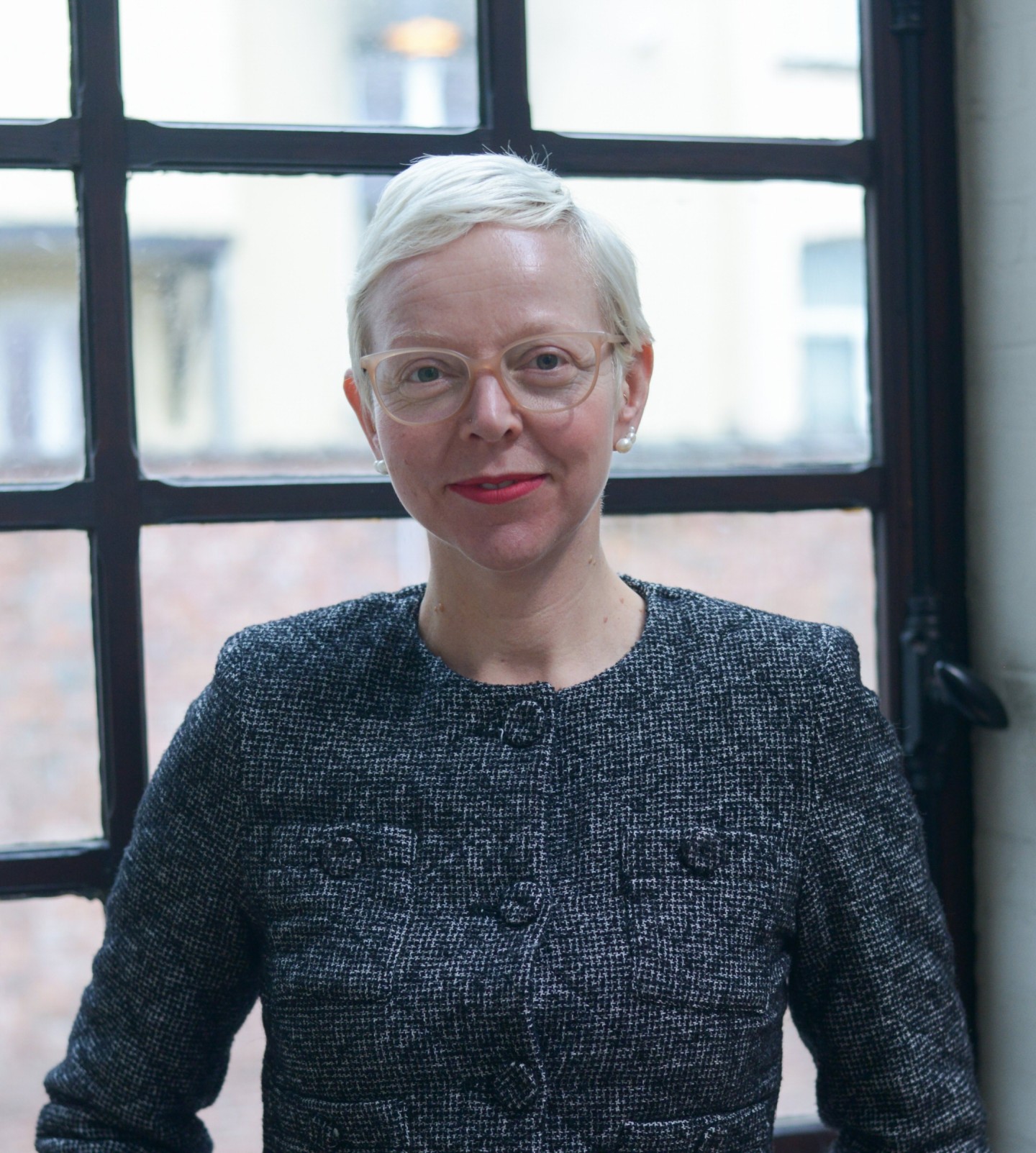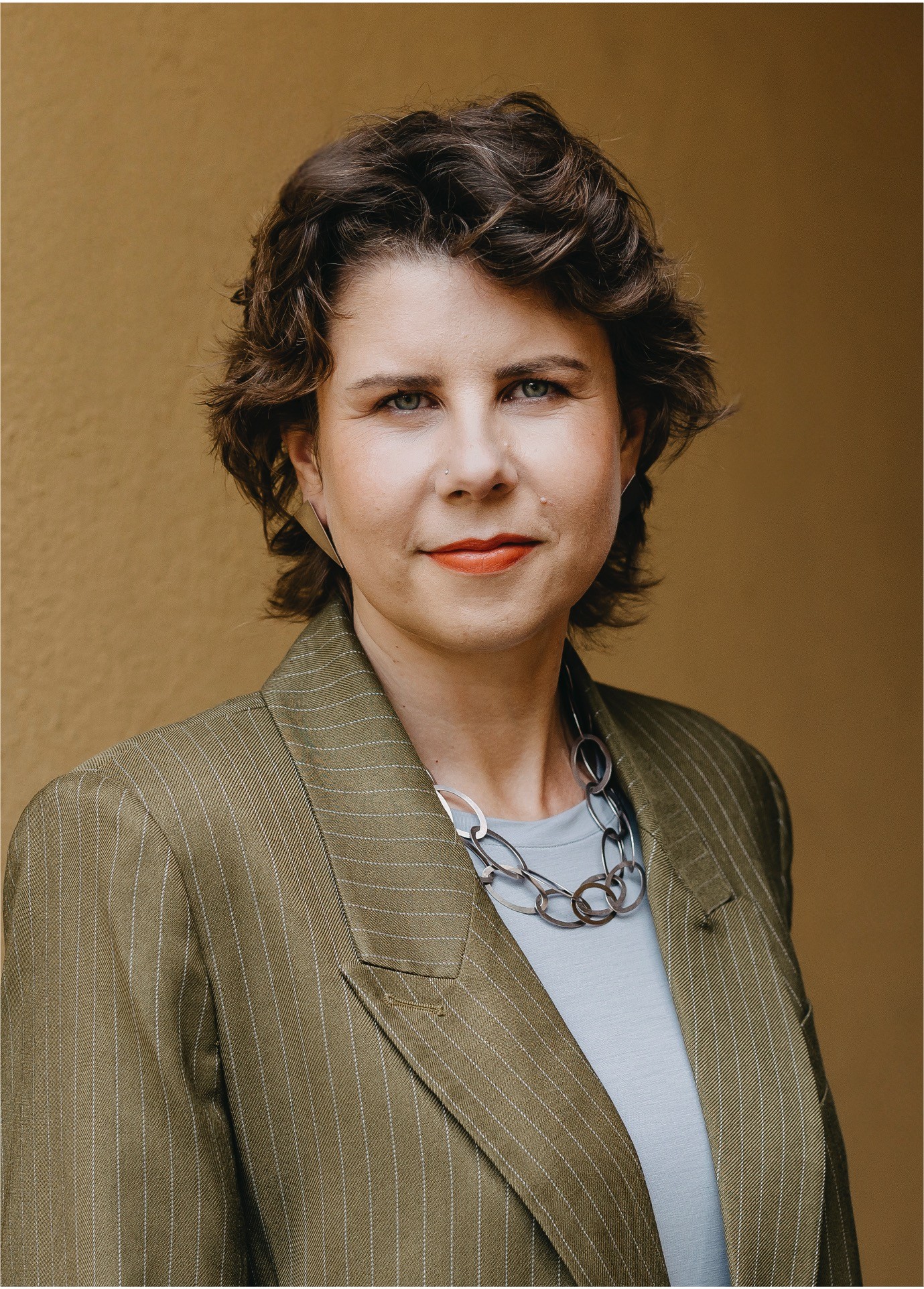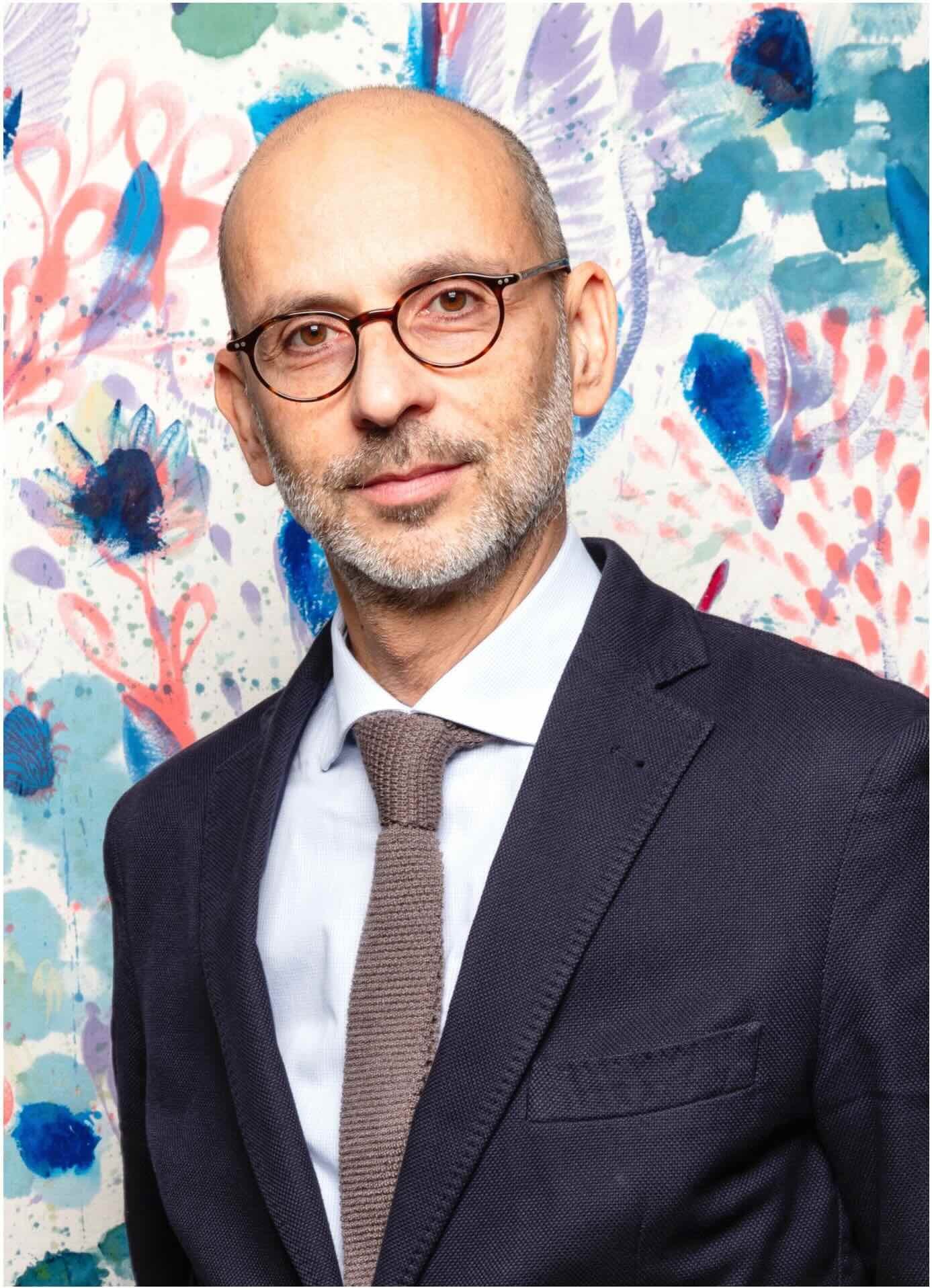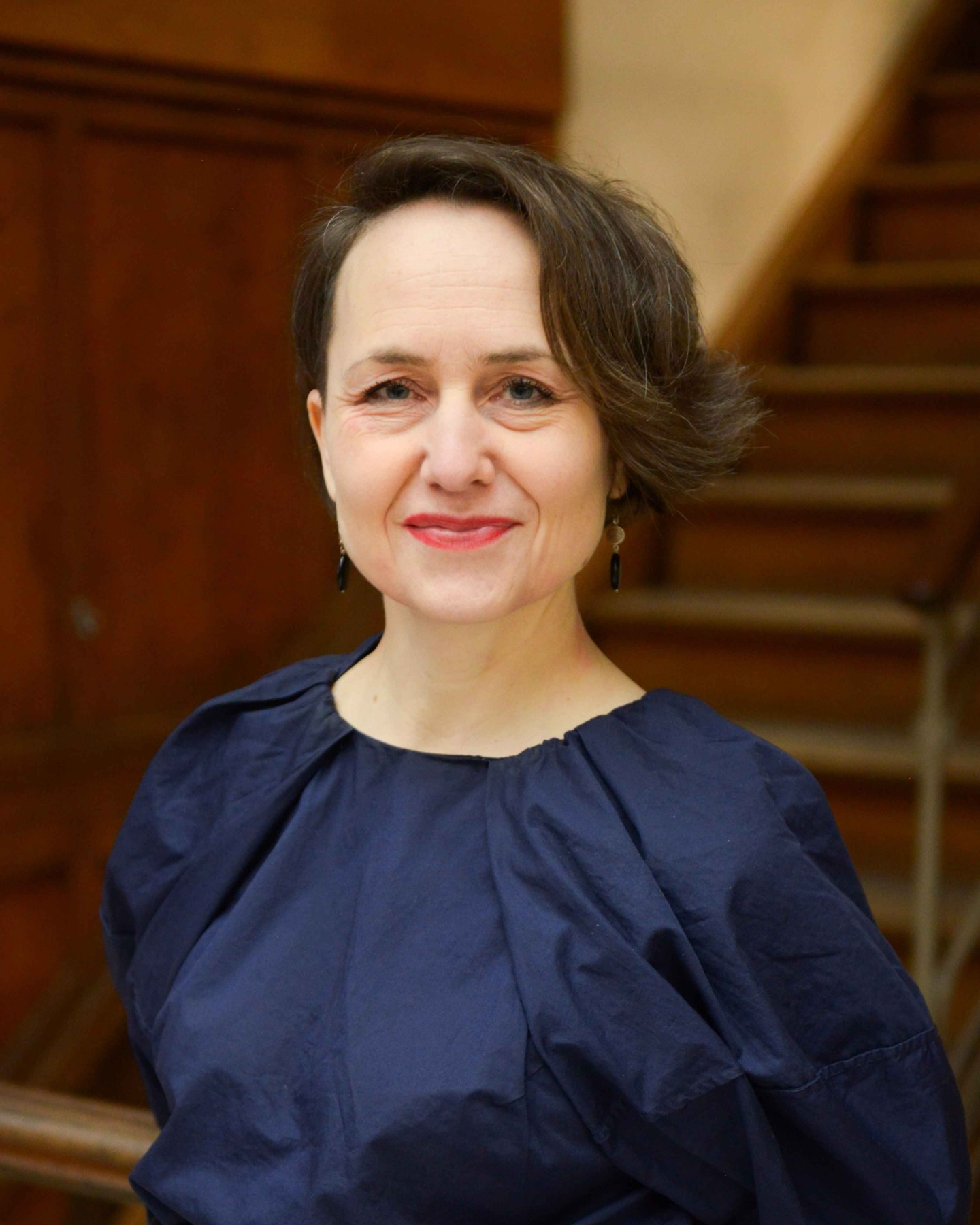EUNIC builds a collective international cultural relations approach amongst its members, to strengthen trust and understanding internationally through culture. EUNIC advocates for the role and recognition of culture as core component of international relations.
EUNIC’s work is deeply rooted in the principles of international cultural relations, a values-led approach seeking to stimulate collaboration and striving to create mutually beneficial relations based on respect, solidarity, and commitment to cultural diversity. We strive to build and maintain fair partnerships by practising mutual listening and learning and by engaging in co-creation and joint capacity building with a commitment to cultural and civil society actors.
EUNIC unites both governmental and non-governmental organisations, with diverse mandates and operational realities, in one community of practice. As a leading and diverse network of international cultural relations actors from Europe, we recognise our positionality in a global context and the importance of balancing local needs, contexts, and realities in partner countries and our members’ needs and interests.
EUNIC stands for a cross-cutting approach to culture. The diverse and specialist expertise and activities of our members individually and as the network span over broad definitions of culture. EUNIC therefore embodies a transversal understanding of culture, which includes (but is not limited to) longstanding experience in the arts, creative industries, multilingualism, tangible and intangible cultural heritage, youth, gender, diversity and inclusion, sustainable development, cultural tourism, digital culture, and development cooperation.
The purposes of EUNIC are defined in the Statutes as follows:
- to work together
- to promote cultural diversity and understanding
- to strengthen international dialogue and cultural cooperation
- to be a partner of the EU in defining and implementing EU cultural policy
- to advocate for the value of cultural relations and, as part of this, argue for a strong and independent voice for the cultural sector
- to conduct research and share best practices
EUNIC Statutes in the French original and English translation
The revised Statutes as published here have been approved by Royal Decree and deposited with the Brussels Enterprise Court and published in the Annexes to the Belgian Official Journal (Moniteur Belge). EUNIC is registered as an international non-profit association (AISBL) under Belgian law (VAT BE 0473.098.395).
In May 2025, EUNIC adopted a new Strategic Framework for 2025-2029.
The three core pillars of the framework are:
- EUNIC is a doing network: day to day around the globe we create people-to-people collaborations through culture.
- EUNIC is an advocating network: we support the European Union to develop a prominent role as an international cultural relations actor.
- EUNIC is a learning network: Together we create peer-to-peer capacity building opportunities and a platform for strategic reflections.
EUNIC is one of the European networks supported by the Creative Europe programme of the European Union. It has continuously benefited from this support since 2014.
EUNIC members join together in 143 clusters in 109 countries worldwide. Clusters are the network's branches, established where at least three Full EUNIC Members are represented. Clusters engage in cultural relations, co-creating activities with partner organisations. This map shows the global presence of EUNIC.
Colleagues working in EUNIC clusters find key documents and guidelines in the EUNIC Resource Centre.
EUNIC members engage in cultural and related activities beyond their national borders. They are national institutes for culture or other organisations acting for or on behalf of a national entity. EUNIC unites both cultural institutes that operate at arm’s length from national governments and national bodies and ministries. EUNIC currently counts 39 members based in all EU Member States and associated countries.
- Czech Republic
- Czech Centres
- Denmark
- Danish Cultural Institute
- Estonia
- Ministry of Culture
- France
- Fondation des Alliances Françaises
Ministry for Europe and Foreign Affairs
Institut français de Paris - Lithuania
- Lithuanian Culture Institute
- Luxembourg
- Ministry of Foreign and European Affairs, Defence, Development Cooperation and Foreign Trade
- Malta
- Arts Council Malta
- Netherlands
- DutchCulture
- Romania
- Romanian Cultural Institute
- Slovenia
- Ministry of Foreign Affairs
- Spain
- Instituto Cervantes
AECID - Sweden
- Swedish Institute
- Ukraine
- Ukrainian Institute (Associate Member)
- United Kingdom
- British Council (Associate Member)
EUNIC’s General Assembly is composed of all members and is the governing body of EUNIC, steering the network strategically. The General Assembly approves new Full and Associate Members, elects the Board of Directors, and confirms EUNIC’s activity plan and budget. It also formally approves new EUNIC clusters. The General Assembly meets twice a year and is chaired by the President of EUNIC.
Executive decisions are taken by the Board of Directors, meeting four times a year. The Board members are elected for a period of two years by the Full Members of EUNIC, with the possibility of re-election for another two years.

Kirsten van den Hul
President – DutchCulture

Gitte Zschoch
Vice-President – ifa – Institut für Auslandsbeziehungen

Hugues Ghenassia-de Ferran
Board Member – Institut français

Liviu Jicman
President – Romanian Cultural Institute

Hanna Lämsä
Board Member – The Finnish Cultural and Academic Institutes

Carmen Noguero Galilea
Board Member – Instituto Cervantes
The EUNIC President chairs the General Assembly and the Board of Directors and represents the network, serving a period of one year. The current President of EUNIC is Liviu Jicman, President of the Romanian Cultural Institute (June 2024-June 2025).
Liviu Sebastian Jicman is President of the Romanian Cultural Institute since 2021, the leading cultural diplomacy institution for promoting Romanian culture internationally. Born in 1981 in Bucharest, he graduated in 2004 from the Faculty of Economic Studies in Foreign Languages - German Language Section - within the Bucharest Academy of Economic Studies. Subsequently, he graduated from the Faculty of Law at the University of Bucharest.
In the past 12 years, he has worked exclusively in the field of culture. Prior to his current position at the Romanian Cultural Institute, he was the General Director of the Cotroceni National Museum for five years and Vice President of the Romanian Cultural Institute for three years. He worked within the Ministry of Culture (later the Ministry of Culture and National Patrimony) as the minister's chief of staff, and later as minister’s advisor. As a representative of the Ministry of Culture or the Romanian Cultural Institute, he was a member of the National Cultural Fund Administration Board (AFCN), an advisory body on the evaluation, selection, and financing of cultural projects. Until 2012, he worked as PR consultant at the Masca Theatre in Bucharest and held various roles at central public administration level.
The Director of EUNIC is responsible for the daily management of the network, delivering the EUNIC strategy and heading the EUNIC office. The Board of Directors also delegates some of its tasks to the Director. The Director is selected by the Board of Directors following an open call (both within the network and externally).
Andrew Manning became Director of EUNIC in August 2021. Prior to EUNIC, Andrew was the Secretary General of the European Concert Hall Organisation (ECHO) and international Advisor for the Nordic region at BOZAR, the Centre for Fine Arts Brussels. Andrew has previously worked as Head of Arts at the British Council in France as well as roles with the BBC and British Council Brussels. Andrew has a degree in French language and Literature from the University of Oxford.
Former EUNIC Directors
Gitte Zschoch, Goethe-Institut, 2018-2021
Andrew Murray, British Council, 2015-2018
Helena Kovarikova, Czech Centres, 2012-2015
Andrew Manning is the first Director not seconded by a EUNIC member. In cases where the Director is seconded from a EUNIC member organisation then EUNIC compensates that member for the staff costs of the Director.
The EUNIC office is the secretariat of the EUNIC network, based in Brussels. The secretariat supports EUNIC members in the delivery of collaborative work worldwide, advocates for European cultural relations, and facilitates knowledge sharing and capacity building between the people of the network. The office was established in 2012.
EUNIC is funded by proportionate membership fees.
EUNIC's worldwide activities are financed by contributions of members’ local branches and partners and the EUNIC Cluster Fund.
The Cluster Fund is the network’s most important internal financial instrument and is financed by voluntary contributions by EUNIC members. It supports activities inside and outside the EU with currently around 300,000 euros annually. Since its establishment in 2012, 206 Cluster Fund projects have been financed with a total budget of 1.6 million euros. In 2023, 18 members contributed to the fund with a total of 330,700 euros. Including contributions by EUNIC members locally and by partners, the total budget of project selected for 2023 was more than 780,000 euros.
In 2014, EUNIC first received funding as European network from the Creative Europe programme, which was renewed in 2017, 2021, and 2025. European Spaces of Culture was co-funded by the Directorate-General Education, Youth, Sports and Culture of the European Commission as a Preparatory Action from 2019-2023 and was continued with a Creative Europe grant for 2024-2025.
Administrative Arrangement: Partnership agreement with the EU
In 2021, EUNIC and the European External Action Service (EEAS) approved a joint statement, re-confirming their commitment to strengthening their collaboration.
In 2017, EUNIC signed a partnership agreement, an Administrative Arrangement, with the European Commission – represented by the Directorate General for Education, Youth, Sport and Culture (EAC) – and the European External Action Service (EEAS). In the Arrangement, the three parties agreed to initiate joint pilot activities to enhance cooperation between EU Delegations and EUNIC clusters.
The EU strategy on international cultural relations, the Joint Communication ‘Towards an EU strategy for international cultural relations’, was published in 2016. It identifies EUNIC as one of the implementing partners of the EU's cultural relations approach.
Joint activities between the EU and EUNIC
A first joint pilot activity resulting from the Administrative Arrangement was the publication of the Report on the current state of the partnership between EUNIC clusters and EU Delegations, based on the experiences of collaboration in 14 countries worldwide.
Furthermore, EUNIC, the EEAS and the Commission have co-hosted joint sessions on the role of cultural relations in EU foreign policy during regional seminars in North Macedonia (2018), Dominican Republic, Eritrea, Ghana, Guinea and the Philippines (2019). During the Covid-19 pandemic, they were co-hosting webinars on cultural relations for colleagues working in EU Delegations and in the EUNIC network.
To further facilitate cooperation between EU Delegations and the EUNIC network, the Joint Guidelines: EUNIC – European External Action Service – European Commission partnership were co-authored and published. These guidelines advise colleagues working in EU Delegations and EUNIC clusters worldwide on how to design effective working relationships in order to deliver cultural relations projects.
Joint cultural relations projects and programmes between EUNIC clusters and EU Delegations have been implemented in amongst others Bolivia, Democratic Republic of the Congo, Egypt, Jordan, Peru, Senegal, Sudan, Tunisia, and Ukraine.
European Spaces of Culture
In 2018, EUNIC was granted the Preparatory Action European Spaces of Culture, initiated by the European Parliament and implemented through EUNIC’s network, EU Delegations and local stakeholders. The project tests new models of European collaboration in culture. After its Preparatory Action phase, the programme is continuing with follow-up funding from Creative Europe.
Read more about the programme on the website.
Further reading
- Joint Communication: Towards a strategy on EU international cultural relations, 2016
- Administrative Arrangement: Partnership agreement between EUNIC, the European Commission and the European External Action Service, 2017
- Report on the current state of the partnership between EUNIC clusters and EU Delegations, 2018
- Joint Guidelines: EUNIC - EUNIC – European External Action Service – European Commission partnership, 2019
- European Spaces of Culture
- 2024
- EUNIC Sustainability Toolkit published
- 2023
- European Spaces of Culture continues after Preparatory Action
- 2023
- EUNIC's Climate Culture(s) Creative Lab in Berlin
- 2022
- The Ukrainian Institute joins EUNIC as Associate Member
- 2022
- Ten-year anniversary of the EUNIC Cluster Fund
- 2022
- Fair Collaboration non-toolkit published
- 2021
- Joint Statement on Cultural Relations with EEAS approved
- 2021
- Network grows to be active in more than 100 countries
- 2021
- Conference "European Spaces of Culture: Taking EU cultural relations to the next level"
- 2021
- New membership policy approved, officially including Associate Members at the global level
- 2020
- Joint Statement "For the future: Make cultural relations count in a post-crisis global society" approved by all 36 EUNIC members
- 2020
- Strategic Framework 2020-2024 adopted
- 2019
- Joint Guidelines on the Partnership between EUNIC, the European Commission and the European External Action Service published
- 2018
- European ‘Houses’ of Culture Preparatory Action grant received
- 2017
- Creative Europe programme funding received for the period of 2017-2021
- 2017
- Administrative Arrangement signed, a partnership agreement between EUNIC, the European Commission and the European External Action Service
- 2016
- Network grows to 100 clusters worldwide
- 2015
- First Strategic Framework adopted
- 2014
- EUNIC brings together members from all EU Member States
- 2014
- Creative Europe programme funding received for the period of 2014-2016
- 2012
- EUNIC Cluster Fund created
- 2012
- EUNIC office in Brussels installed
- 2010
- Network grows to 50 clusters worldwide
- 2010
- Integration of ministries for Member States without cultural institutes
- 2006
- EUNIC network created by six EU cultural institutes: Austrian Ministry of Foreign Affairs, British Council, Danish Cultural Institute, Goethe-Institut, Institut français and SICA, the predecessor of DutchCulture
